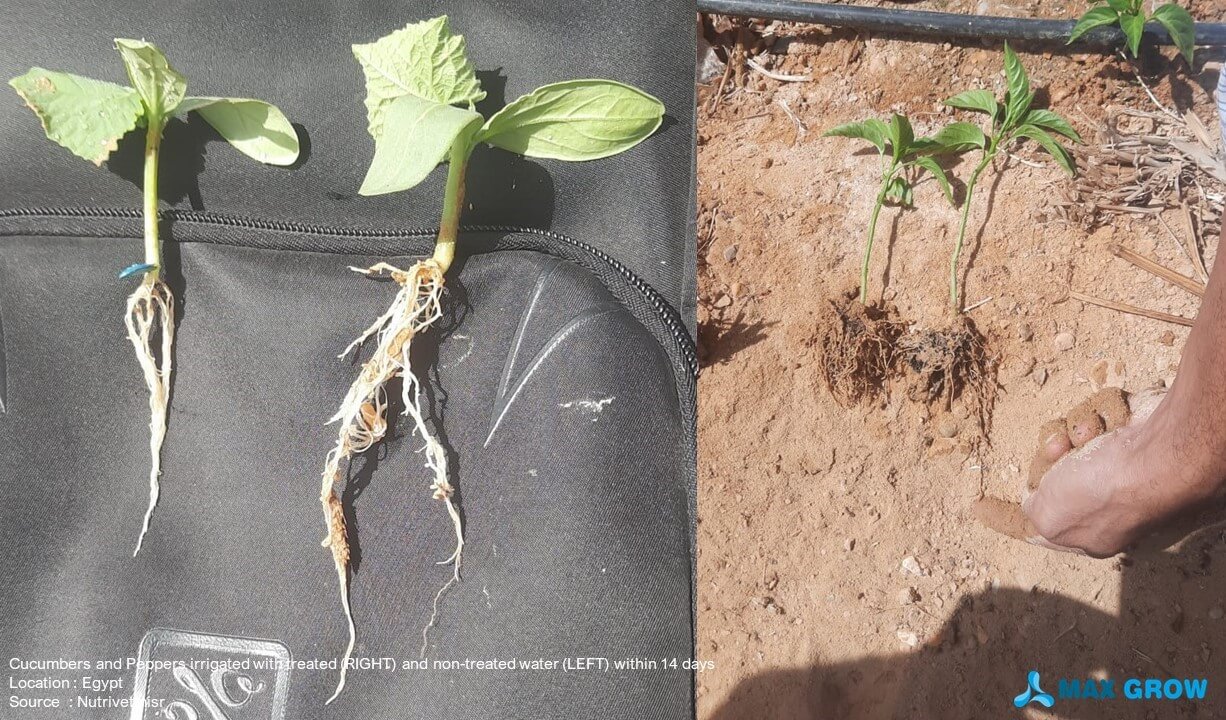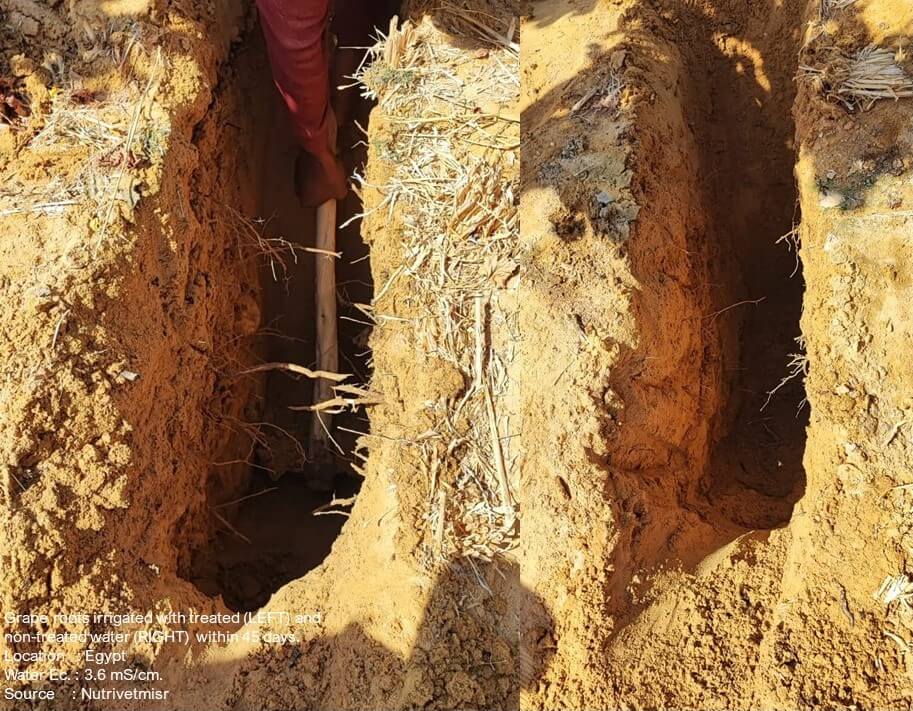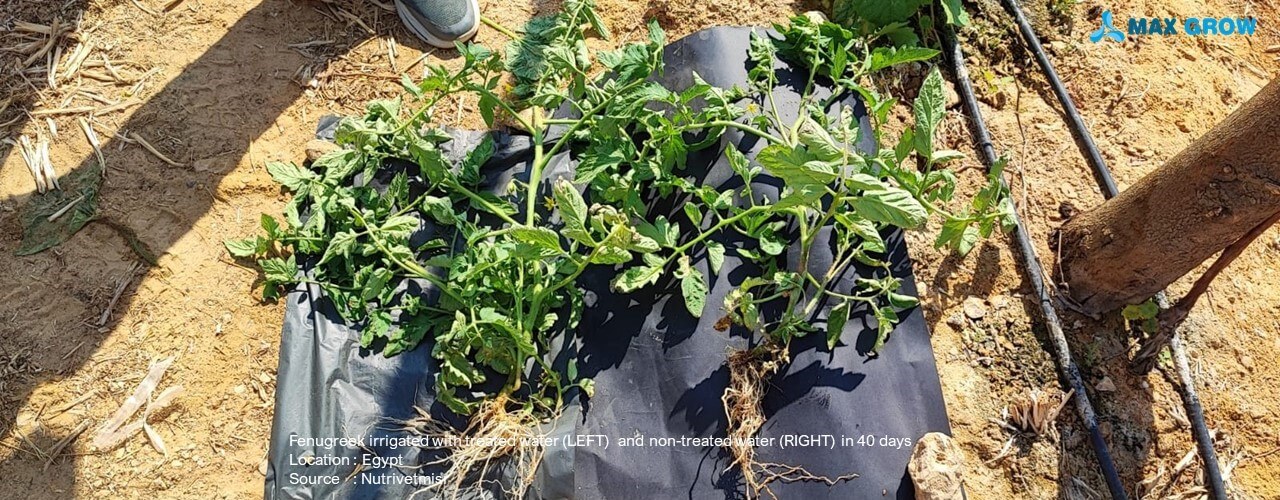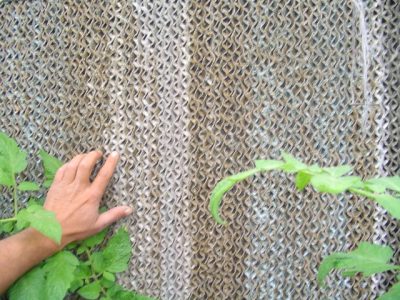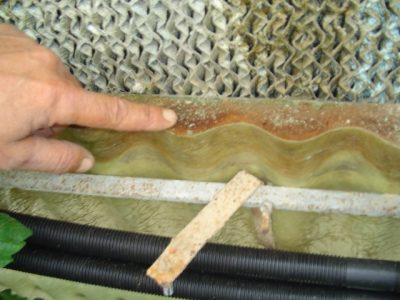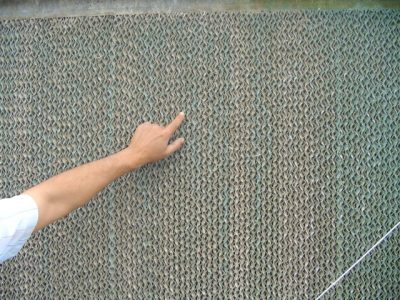THE SOLUTION
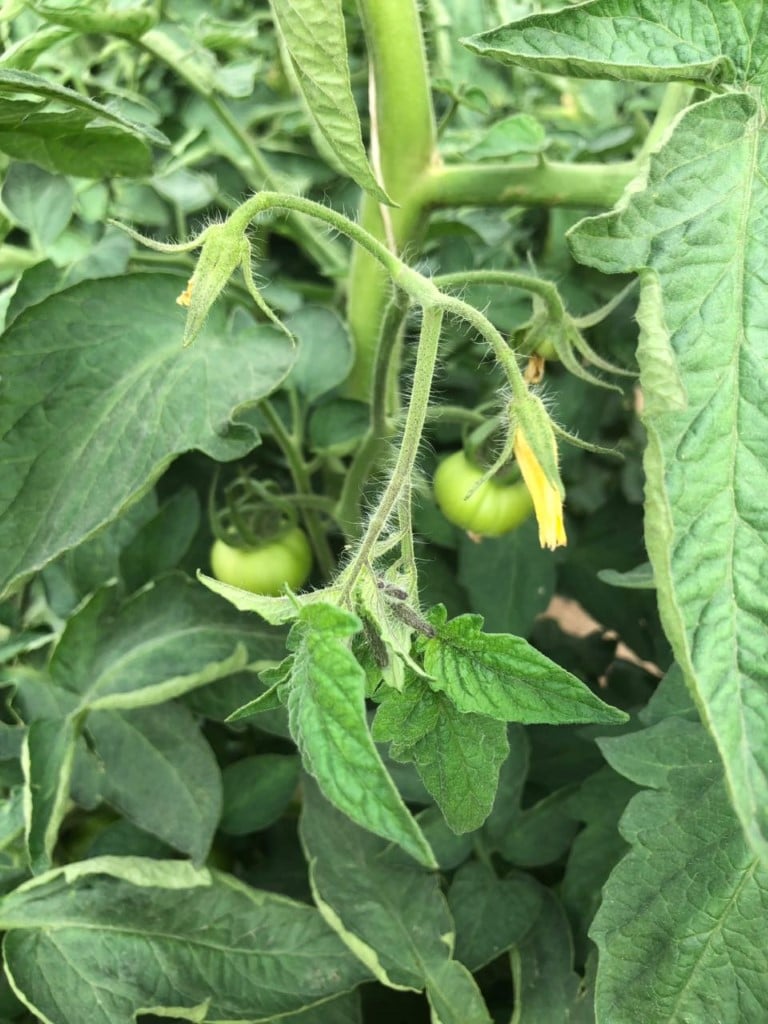
- Makes the saline water suitable for irrigation.
- It removes all existing deposits of salt in the irrigation network.
- Dissolves the salt crust generated in the soil around the plant.
- Converts the hard ground frothy.
- It increases the degree of evapotranspiration.
- Removes waste from fertilizers and other elements that are bounded by the salts.
- Succeeds in opening the mouth and rooting of capillary vessels.
- Prevents soil saturation.
- Prevents the creation of the slot on the ground forming air, especially in clay soils.
- Prevents excessive water use.
- Prevents excessive use of fertilizers.
- Speeds the development of the plant.
- Allows the retention and accumulation of salts in the soil, the salts are dissolved in size from 2 to 4 microns (a micron is a millimeter of a millimeter) in order to continue to progress in the subsoil without being bonded to other elements.
- Increases the degree of solubility of the fertilizer.
- Increases the fruiting of the crop to the maximum.
- Increases the quality of fruit.
- Prevents from the creation of algae and fungi, which require substrate of salt to grow.
- Removes old algae and fungi due to the decomposition of salts.
- Develops the plants much better than fresh water.
- Increases the brix content and starch.
- It allows the creation of burnt edges on leaves of the plant.
- Increases the preserving time of the fruit after cutting them.
All natural substances are soluble in water except calcium ions, which when heated and in particular over 65 degrees Celsius is transformed into calcium carbonate. The removal of calcium carbonate deposits can be done with strong acids (e.g. hydrochloric acid).
Another negative attribute with the calcium crystalization is the fact that they commit all others substances and most importantly nutrient ingredients, which are essential for the plant growth.


